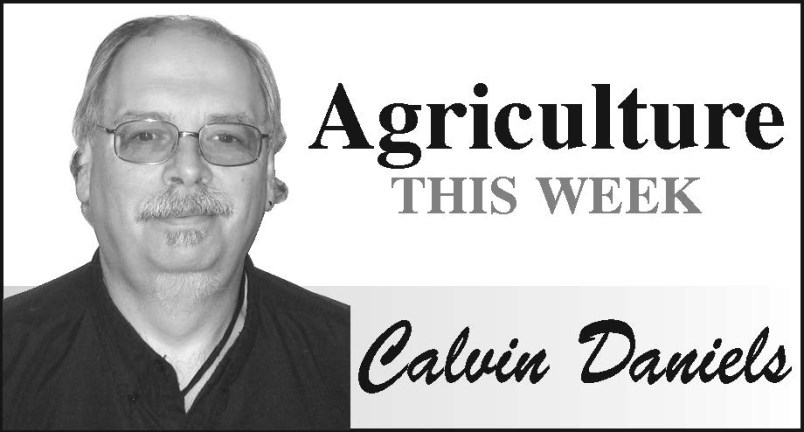Consumers, and since those consumers vote, governments, are trying to determine how best to be environmentally wise moving forward.
Well, at least on some fronts. Let’s face it the mass dumping of plastics into oceans where they will impact sea life until that life is extinct, is barely being addressed, and there are a long list of similar issues deemed too costly, or that change might ruffle the wrong government supporter feathers to tackle.
However, other front efforts seem to be advancing, although at times steps seem to actually oppose each other.
There is, for example, a rather obvious push toward plant-based meat replacement. In some cases the push comes from those who don’t want animals eaten, while others think livestock is an issue in terms of greenhouse gases, and others worry about water use, or the production of livestock instead of human food, and how stock is raised. It’s a bit of a hodgepodge of supporters for plant-based ‘meat’ but it is having an impact.
The question not answered of course is what better option for food production on marginal land is there than beef and sheep, or even grass-raised hogs?
It is important to remember there is a finite amount of land and how we best manage that land in terms of food production is important, and will become more important as world population continues to grow – another of those big picture issues the world is avoiding.
Certainly, in other situations, consumers and governments are acting to protect land and its use.
In Europe at present a number of countries are moving to ban certain types of biodiesel feedstocks.
In March, Belgium notified the European Commission of its intention to ban biofuel made from palm oil and soybean oil effective Jan. 1, 2022.
France was the first country to ban palm oil biodiesel on Jan. 1, 2020. Lithuania has also taken that step.
The reason for the bans comes down to how land is being used.
The Belgium government has noted the country is excluding biofuel materials, (palm and soybeans), that cause widespread deforestation and land use change.
Of course nothing is quite so black and white.
While soybean production in Â鶹ÊÓƵ America might threaten the rainforest as farming expands, the ban also hits soybean producers in North America, where it can be argued production is far more stable and sustainable.
Of course production in North America certainly changed land use in historic terms too, but there is of course no going back, so efforts are looking to maintain what remains. The issue is that the source of soybeans, or even palm oil, is the important factor. One brushstroke does not cover all in a case like this.
So consumer wishes, and government response, needs to be carefully measured to have a positive impact without also hurting those already doing a good job of things.




